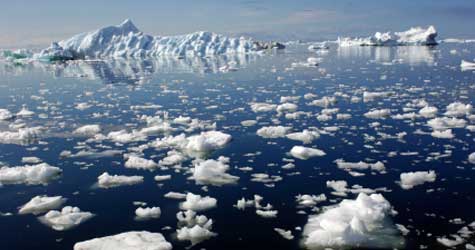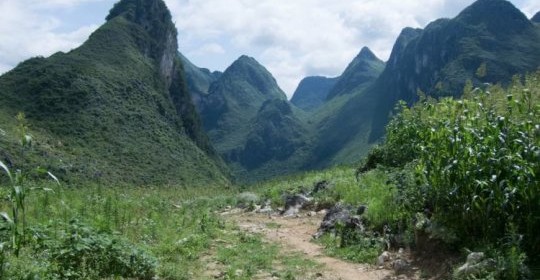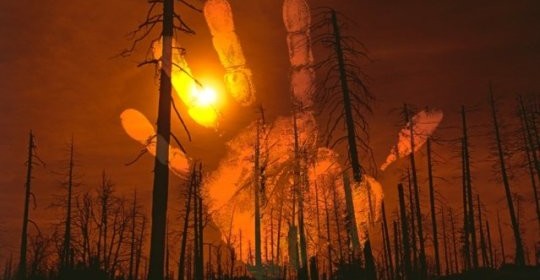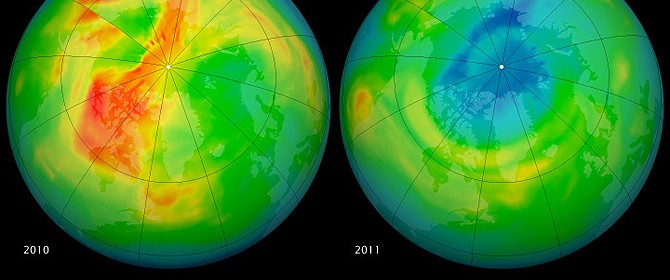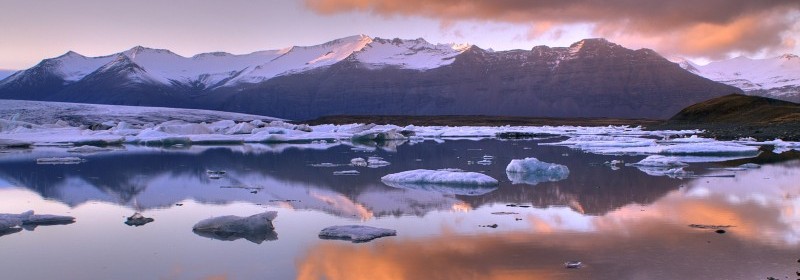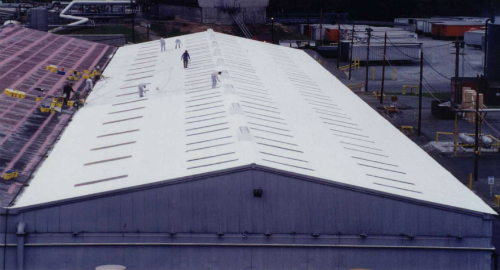Extreme Weather Predicted After Hottest Decade on Record
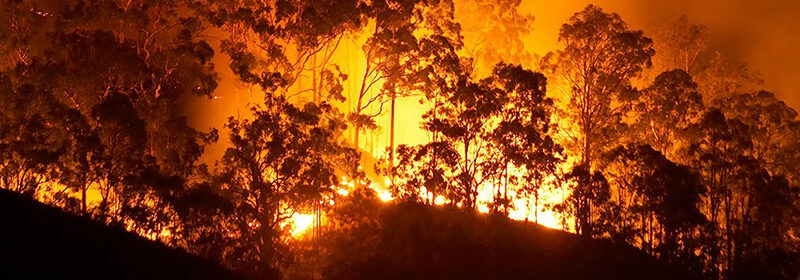
Due to high temperatures recently the UN (United Nations) has declared that the high temperatures will influence extreme weather conditions now and in the near future. The World Meteorological Organization has reported that 2016 was the hottest year on record and getting a lot warmer. With the devastating bush fires in Australia 2020 is turning out to be a very […]
Read more
